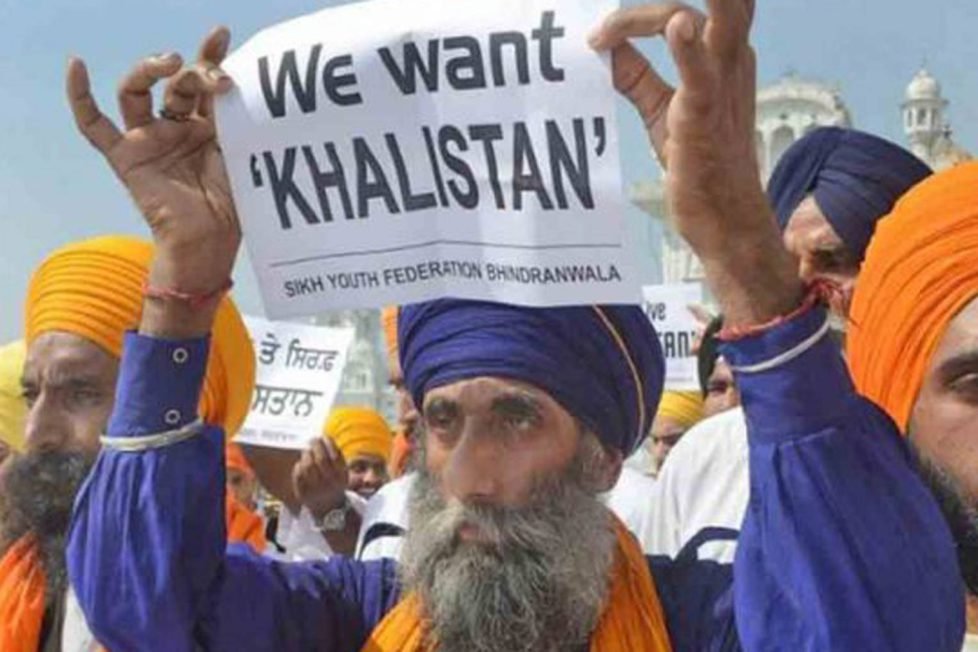Demographic Change in Indian Punjab, where are Hindus of Punjab?


Punjab Files is a small effort to bring the pain of Punjabi Hindus to the forefront of the world’s attention. Many are unaware that a 20-year-long Punjabi Hindu genocide occurred in Punjab, leading to the exodus of thousands of Hindus due to Khalistani terrorism. While the 1984 Sikh massacre is well-known, the killings of Hindus in Punjab remain largely unrecognized. The number of Hindu deaths far exceeds those of Sikhs in Punjab, yet their suffering remains largely invisible.
During the era of Khalistani terrorism, targeting and killing Hindus was common. For instance, in 1988 in Firozpur, ten poor Dalit Hindus were killed simply for making alcohol. Bomb blasts were also frequently used to kill innocent Hindus. Despite the government issuing red cards for victims, no Hindu dared to use them out of fear that the information might reach Khalistani terrorists.
Khalistani terrorists often abducted young Hindu girls, raped them, and killed them. Many incidents involved pulling Hindus off buses and executing them. Hindu teachers who refused to comply with the terrorists’ demands were also targeted. For example, Nirmal Kanta, the principal of a government school in Rajpura, was killed in 1992 for resisting the imposition of Khalistani rules such as prohibiting the singing of the national anthem and mandating specific attire for girls.
Many Hindus were forced to flee Punjab, particularly from rural areas like in Maza. Khalistani terrorists prevented Hindu farmers from harvesting their crops, resulting in killings and mass exodus. Those who remained faced extortion letters demanding large sums of money or conversion to Sikhism under threat of death. Many middle-class families could not afford these demands and had to abandon their homes with just a few belongings.
Some Hindus sought refuge in camps outside Delhi, where conditions were dire, and many died. Even today, the houses of those who fled are occupied by Sikhs. The suffering endured by Punjabi Hindus during this period is a tragic chapter in Punjab’s history that deserves recognition and remembrance.
Efforts like Punjab Files play a crucial role in highlighting the plight of Punjabi Hindus, ensuring that their stories are heard and acknowledged by the wider world. By confronting the past and honoring the memories of those who suffered, societies can work towards reconciliation and healing, fostering a more inclusive and peaceful future.
DISCLAIMER: The author is solely responsible for the views expressed in this article. The author carries the responsibility for citing and/or licensing of images utilized within the text.
